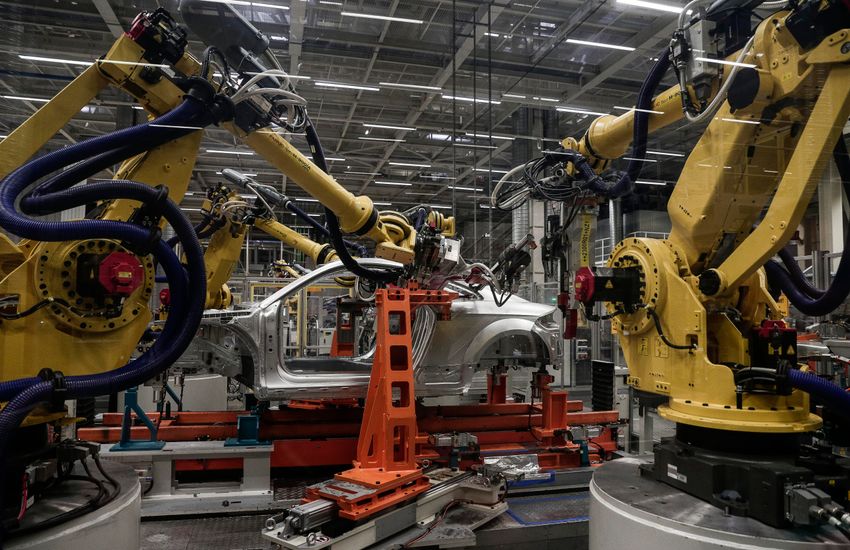Hungary should set up an institution in charge of competitiveness, Central Bank Governor György Matolcsy writes in his weekly column in daily Magyar Nemzet
The Covid-19 pandemic and associated economic crisis has highlighted the need for effective national crisis management, Matolcsy wrote, enumerating six points to achieve that.
The level of competitiveness achieved is crucial.
Among EU member states from 2019 to 2020, those who were the best in the competitiveness rankings increased their level of development compared to the average. Southerners have fallen even further than would have been justified by the ranking of competitiveness, which is due to the high share of tourism in GDP.
Digital development helps – a lot.
There is a strong positive relationship between crisis management and digital preparedness (DESI digitization index). In the current crisis, those who have previously placed more emphasis on the digital transition have fared better.
The competitiveness of the financial system may have been crucial.
Hungarian crisis management was credit-based, and the efficient allocation of resources from the MNB (Central Bank) and the financial system supported the budget, the business sector, and families. This arrangement has made the labor market crisis-proof. This status was based on the turnaround in financial competitiveness launched after 2013, because thanks to it, the competitiveness of the Hungarian economy and financial system improved the most in the catching-up phase between 2013 and 2019.
Competitiveness can be improved during crisis management.
From 2019 to 2021, Hungary moved from 47th to 42nd place in the IMD World Competitiveness Center competitiveness ranking. The biggest jump was in international investment, where we rose from 40th to 10th, and in economic performance, where we rose from 19th to 8th, out of 64 countries. We also moved from 20th to 13th in employment.
Our competitiveness in crisis management may have improved because the crisis has resolved an internal economic policy stalemate. Proposals to improve competitiveness are no longer stalled by the annual budgetary interest. The price of this competitiveness is now the high budget deficit and the escalation of the public debt. However, the lesson is clear: a leap in competitiveness requires economic policy thinking, not budgetary thinking.
We are not yet sufficiently prepared for the post-crisis world.
The Hungarian economy has restarted, and we are expected to reach the end-2019 GDP level in the third quarter of this year. We assessed the preparedness of the Hungarian economy for the post-crisis world (MNB Sustainable Future Index), which is significantly lower than the EU average. We have 17 countries ahead of us and nine behind us. The 18th place is slightly better than our 21st place in terms of today’s development, but it indicates future potential, not past performance, and therefore is not enough. We are weakest in the digital field, workforce preparedness, and the ability to transform health care. We have the same people ahead of us in the international competitiveness rankings.
A complete turnaround in competitiveness is needed to catch up and successfully deal with future crises.
As with the crises of the last thirty years, the clear lesson from the current Covid-19 crisis is that those who have continuously improved their competitiveness before are better able to deal with the challenges now. It also helps to make a leap in competitiveness during a crisis.
It has cost Hungary a lot to miss the turnaround in competitiveness so far. If we continue to fall behind, it will cost us even more to catch up.
That is why there is a need for an institutional change in government economic policy and the establishment of a new institution responsible for competitiveness.
Title image: Audi assembly line in Györ, northwestern Hungary. (Magyar Nemzet/Árpád Kurucz)






